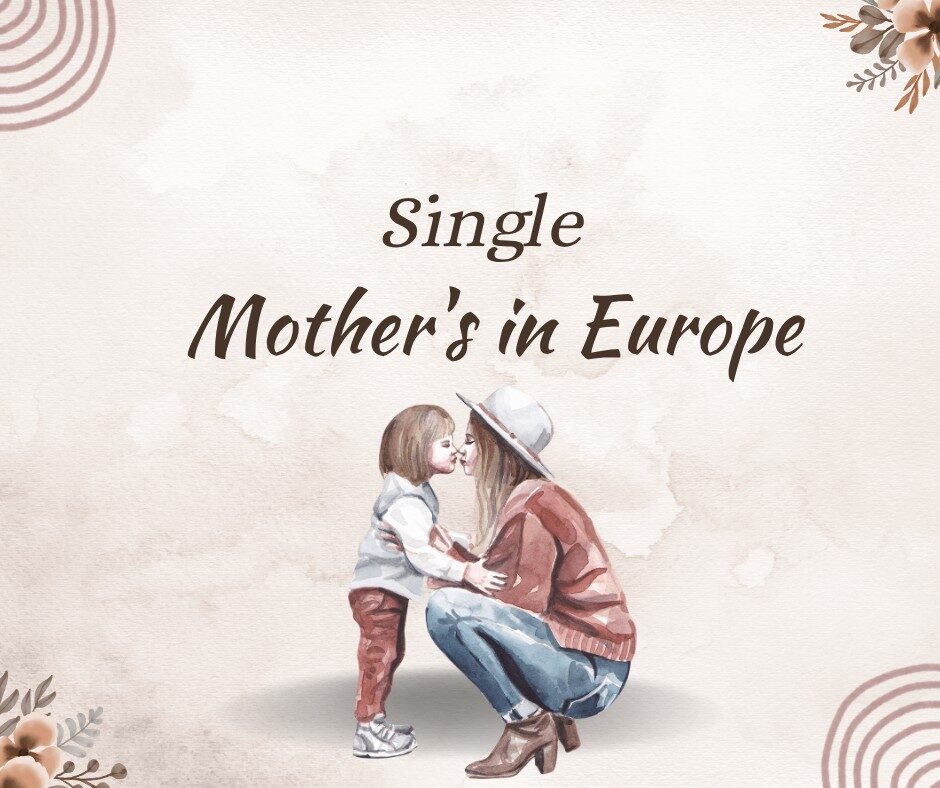Why should we strive for Europe? Today we present an example of how Europe takes care of the rights of one of the most vulnerable groups in society. In the article below, we will discuss the state benefits allocated to single mothers by three European countries as of 2025 and compare them with the reality in Georgia.
Although The benefits available to single mothers in different EU countries vary significantly, but the overall goal is the same: financial support for families, social justice, and ensuring the well-being of children.
France:
- Family income supplement — for families with at least 3 children, depending on income — max. €289.98/month;
- Family support supplement — for a child who does not receive sufficient support from the other parent — max. €261.06/month;
- Long-term leave for single mothers, for more flexibility between work and family responsibilities.
Germany:
- Child support — €255/month for each child;
- Elterngeld (parental allowance) — for parents who leave their jobs to care for a child; income threshold: ≤175,000 €/year;
- Kindergeldzuschlag (child benefit supplement) — additional €25/month for low-income families;
- Additional leave days for single parents when a child is sick.
Sweden:
- 480 days of paid parental leave — with flexible allocation, including to grandparents;
- Additional childcare assistance — to improve the balance between parental work and responsibilities;
- Additional leave to care for a sick child — for flexibility for single parents.
Current situation in Georgia in 2025: Only 25 out of 75 municipalities have a special program for single parents, and only 4 of them have one for single mothers. For your information, many single mothers in Georgia today still do not have a status, which is why they lose the already meager assistance from the state.
Available benefits:
- General assistance from the Social Services Agency — financial, medical, and other;
- Ministry of Health programs — to improve maternal and child health.
Limitations:
- Assistance is not enough to meet the needs of single mothers;
- The lack of statistics makes it difficult to assess real needs;
- Assistance depends on income, family situation, and other factors.
Recommendations:
- Contact a social service agency or local government;
- Fill out the application and submit the required documentation;
- Know your rights — use legal help if necessary.
The status of a single mother is defined by law as:
- Not married;
- Has a child under 18 years of age;
- The father is not listed on the child's birth certificate;
- The other parent is deceased/unknown/missing.
